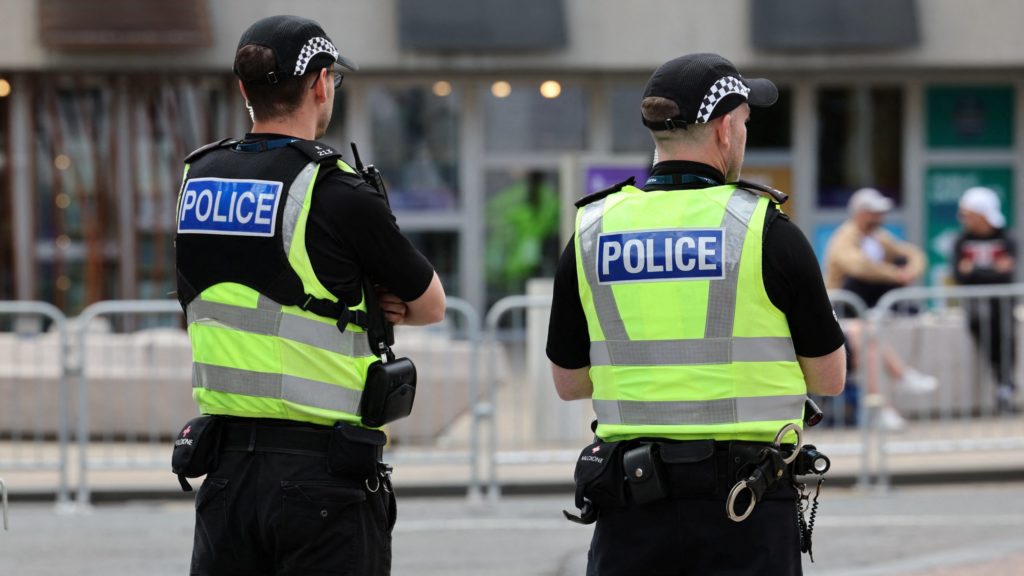Church leaders have expressed concern that some passages in the Bible or the Catechism of the Catholic Church could be deemed offensive under Scotland's new Hate Crime and Public Order Act and that "vexatious" complaints under the law are now likely.
The Hate Crime and Public Order Act that came into force April 1 creates a new offense of "possessing inflammatory material," which in the judgment of a police officer could "stir up hatred" on the grounds of age, disability, religion, sexual orientation and gender identity.
David Kennedy of the Scottish Police Federation said the new laws will require officers to assess "emotive" subjects and "will cause havoc with trust in police in Scotland."
During the pre-legislative scrutiny phase in the Scottish Parliament in Edinburgh, members of the Scottish bishops' conference expressed deep reservations. In a 2020 submission to the Justice Committee where the then-draft law was being discussed, the prelates warned that any new law must be "carefully weighed against fundamental freedoms, such as the right to free speech, freedom of expression, and freedom of thought, conscience and religion."
The Director of the Catholic Parliamentary Office Anthony Horan insisted that "whilst acknowledging that stirring up of hatred is morally wrong and supporting moves to discourage and condemn such behavior, the bishops have expressed concerns about the lack of clarity around definitions and a potentially low threshold for committing an offense, which they fear, could lead to a 'deluge of vexatious claims.'"
"A new offense of possessing inflammatory material could even render material such as the Bible and the Catechism of the Catholic Church … inflammatory," he said.
Horan added that "the Catholic Church's understanding of the human person, including the belief that sex and gender are not fluid and changeable, could fall foul of the new law.
"Allowing for respectful debate means avoiding censorship and accepting the divergent views and multitude of arguments inhabiting society," he said.
Lorcan Price, a London-based lawyer who works for the Alliance Defending Freedom, or ADF -- which describes itself as an advocacy group that works to oppose threats to religious liberty -- said the new law contains "significant dangers" for the free exercise of religion.
"We only need to look to neighboring jurisdictions to see where prosecutions have occurred as a result of people expressing religious views that have led to a criminal complaint, police investigation and prosecutions," he told OSV News.
Price referred to the case of Päivi Räsänen, a Finnish lawmaker who has faced successive prosecutions since 2019 after she criticized the Lutheran Church of Finland's participation in gay pride events. She was found not guilty in 2022, however prosecutors said they would appeal this, and the case was finally dismissed late last year after the prosecution appeal failed.
Meanwhile, best-selling author J.K. Rowling has invited police to arrest her April 1 if they believe she has committed an offense. The author of the Harry Potter series provoked controversy among some people on social media when she refused to describe biological men who now identify as female as women. On the social media site X, formerly Twitter, the Scottish-based writer said "freedom of speech and belief" was at an end if accurate description of biological sex was outlawed.
Police chiefs in Scotland, which remains a part of the United Kingdom but has a devolved government and parliament making many decisions, say they expect an increase in reports under the new law.

